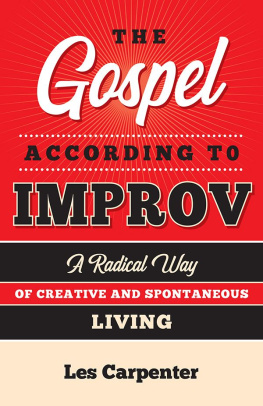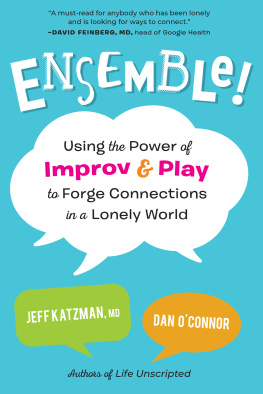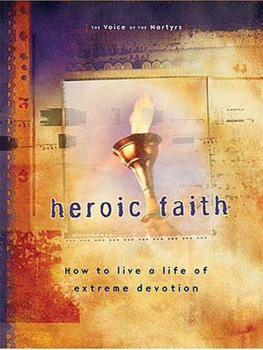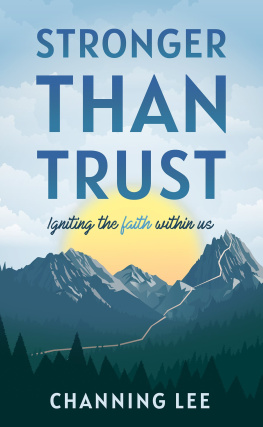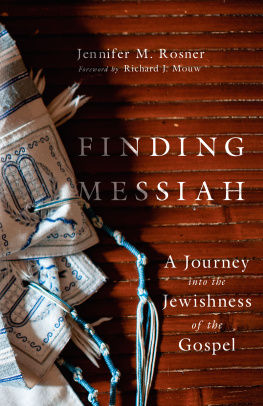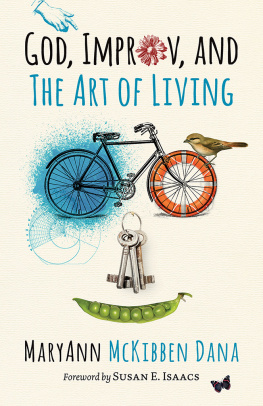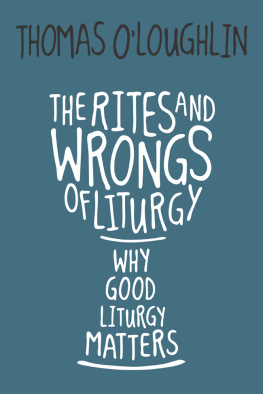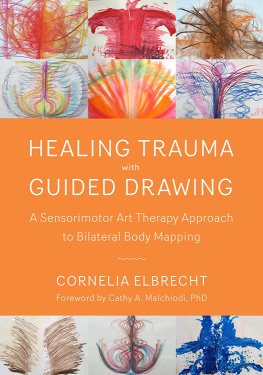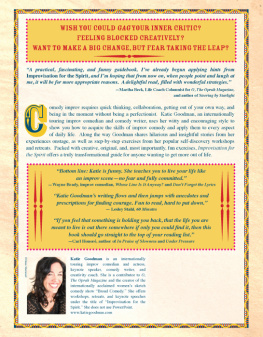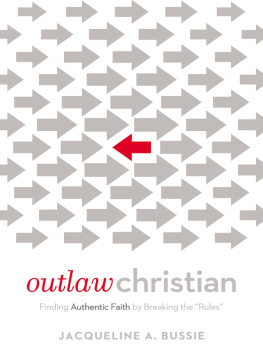THE
Gospel
ACCORDING TO
IMPROV
A Radical Way
OF CREATIVE AND SPONTANEOUS
LIVING
Les Carpenter

Copyright 2022 by Les Carpenter
All rights reserved. No part of this book may be reproduced, stored in a retrieval system, or transmitted in any form or by any means, electronic or mechanical, including photocopying, recording, or otherwise, without the written permission of the publisher.
Unless otherwise noted, the Scripture quotations contained herein are from the New Revised Standard Version Bible, copyright 1989 by the Division of Christian Education of the National Council of Churches of Christ in the U.S.A. Used by permission. All rights reserved.
Scripture quotations marked (NIV) are taken from the Holy Bible, New International Version, NIV. Copyright 1973, 1978, 1984, 2011 by Biblica, Inc. Used by permission of Zondervan. All rights reserved worldwide. www.zondervan.com. The NIV and New International Version are trademarks registered in the United States Patent and Trademark Office by Biblica, Inc.
Morehouse Publishing, 19 East 34th Street, New York, NY 10016
Morehouse Publishing is an imprint of Church Publishing Incorporated.
Cover design by Marc Whitaker, MTWdesign
Typeset by PerfecType, Nashville, Tennessee
Library of Congress Cataloging-in-Publication Data
Names: Carpenter, Les (Reverend), author.
Title: The gospel according to improv : a radical way of creative and spontaneous living / Les Carpenter.
Description: New York, NY : Morehouse Publishing, [2022]
Identifiers: LCCN 2021047515 (print) | LCCN 2021047516 (ebook) | ISBN 9781640653634 (paperback) | ISBN 9781640653641 (ebook)
Subjects: LCSH: Christian life. | Pastoral theology. | Improvisation (Acting) | Spontaneity (Personality trait) | Meaning (Philosophy)--Religious aspects--Christianity.
Classification: LCC BV4501.3 .C264 2022 (print) | LCC BV4501.3 (ebook) | DDC 248.4--dc23/eng/20211118
LC record available at https://lccn.loc.gov/2021047515
LC ebook record available at https://lccn.loc.gov/2021047516
Dedicated to all the soul-friends who helped me
see brilliance and beauty both on and off the stage.
[Love] does not insist on its own way.
1 Corinthians 13:5
W hen I was in high school, I went to a youth ministry retreat for six days. I was delighted and elated to meet people that seemed to find me interesting. As a teen it felt miraculous to find a group of peers who enthusiastically and unconditionally welcomed me just for showing up. Near the end of the week, the leaders asked for volunteers to help plan our closing communion service. They told us the bishop would be there, and they wanted the youth to be involved in the planning. By involved, what they meant was they put us in a room with a bunch of prayer books and said, Go.
I became deeply aware that while we were trying our best, none of us actually knew what we were doing. Still, we made the best of it. People started volunteering for different jobs in the service. Three people wanted to do readings, so we figured one would do the Hebrew Bible reading, one could do the New Testament reading, and one could do the Gospel reading. However, none of us realized there was a rule buried in the rubrics of that pair of prayer books that said only someone who is ordained can do the Gospel reading. It wasnt until after we had finished our preparations that I learned about this rule, and it scared me. I didnt want to offend the bishop or the adults that trusted us to do it right.
I didnt dare ask about the issue and didnt know what was going to happen until we were in the middle of the service. As is common in the Episcopal Church, there was a Gospel procession where the cross, torchbearers, and a Gospel book are processed out into the middle of the congregation. We like this ritual because it puts the story of the Gospel in the middle of the people. I was curious when I noticed that both the young woman who had volunteered to read the Gospel and the deacon were in the procession. A deacon is the ordained person who ordinarily reads the Gospel. As we continued to sing, I wondered what would happen. The young woman stood in front of the open Gospel Book, and the deacon unpinned his stole and laid it over her shoulder as she proclaimed the Gospel.
Ive told this story in churches before, and every time I tell it there is an audible gasp. I used to wonder if that gasp was because those who heard the story were offended or because they were moved. Over time I have realized it was the latter. A deacon was present during one of those sermons and blurted out No he didnt! when I told the storybut it wasnt out of offense. It was out of awe because moments like that show us the Gospel. Much later I learned that there is a technical term for what happened that day. It is called Yes, & or overacceptance. Yes, & is the basis of improv comedy, and the more that I master this practice, the closer I get to touching the inconceivable mystery that is Gods grace.
I have had no experience in church or on stage that defines my understanding of the priesthood or even my Christian faith better than that moment with the deacon and the young woman. I, too, am in awe of it. Extending the stole is what I try to do every day, and I know this is what God does for each and every one of us.
I knew I was watching something beautiful that day, but I didnt understand what it felt like to live inside of moments like that. Eventually I dedicated my life to the study of the same God that young woman was proclaiming. Just like music, family, love, and all the other best things in life, these moments cant really be understood from the outside. Appreciated, yes, but not understood. Finding improv comedy gave me not only the release I needed to survive the priesthood but also a mechanism for understanding how to put into practice the experience that Ive been talking about ever since that day.
I often wonder about that angelic soul who had the thought, Hey, we could both respect the deacons authority and empower this young person. For years I used to wonder how someone came up with that kind of graceful creativity. Now I know: practice.
Other pastors and authors have talked about improv. While there are some glaring exceptions, most seem to me to use improv as a means to illustrate what they already thought. This book is not that. The practice of improv saved my priesthood, integrated my mind and soul, and finally taught me to make visceral sense out of what I learned about God in church and seminary. The awkward, scary, thrilling, and hilarious lessons of improv have become a bridge between what Christians talk about and how we live. Those lessons challenge and strengthen me in every conversation I have, or even in each breath I take. They are a gift to me every day, and now I give them to you.
Reading This Book Wont Work
When you are both a priest and an improviser, the word gets out quick. I am often invited to speak or share on improv and the gospel. I am not a known name in the Church, so usually I am offered the church conference equivalent of an opening act. They give me a quick slot in the beginning because the organizers dont want the participants to feel bored, and they figure at least I will be funny. While I deeply appreciate the gig, I always chuckle inside because it is clear that they dont know me or what this improv stuff is about.
Improvisation isnt about being funny, which is good because I am not. My humor is an acquired taste, like coffee, or whiskey, or gasoline. I mean, I can go off on puns all day long, because it is funny to me to watch how not funny they are to those around me, but the skills and philosophy of improvisation (and the gospel for that matter) are not about trying to achieve a result. They are a

